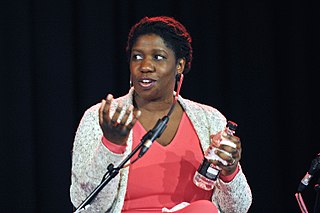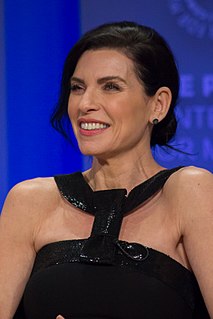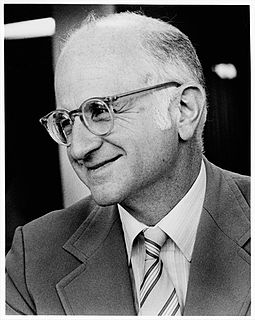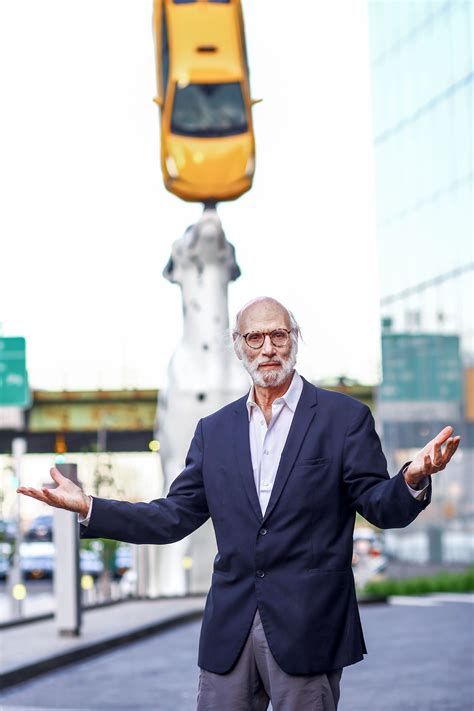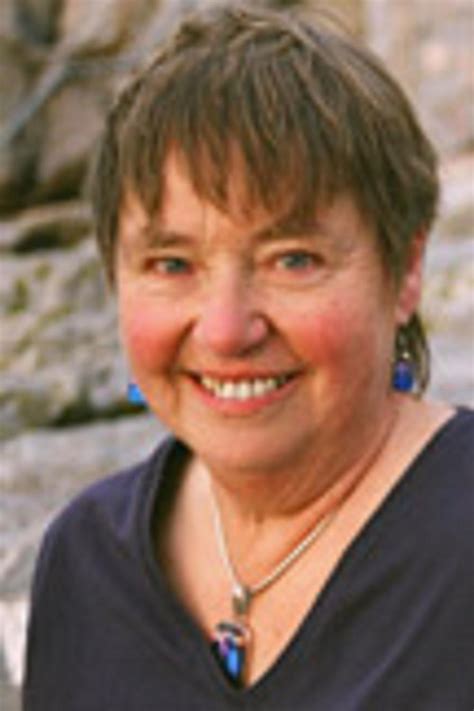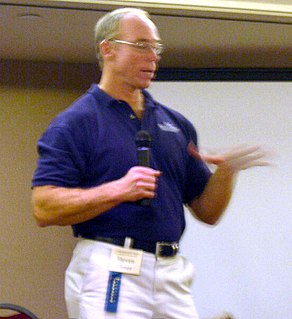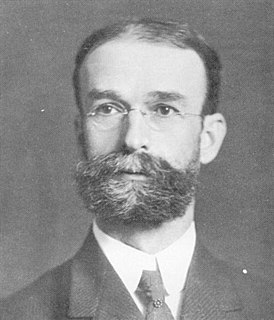A Quote by Benjamin Carson
Why should I give someone else such power over my life?
Related Quotes
We all have the power, intuition, and ability to think and act for ourselves until we give that power away. We give our power away because we're bullied into thinking we aren't good enough and someone else must know better than us; therefore, we should give over our instincts and act according to instruction.
Why is love so good...? You love someone and they leave. They come home one day and you say "What's happening?" and they say, "I got a better offer someplace else," and there they go, out of your life forever, and after that until you're dead you're carrying around this huge hunk of love with no one to give it to. And if you do find someone to give it to, the same thing happens all over.
I'm one of those pathetic actors who will say yes to every play reading just because I do miss the stage so much. What I really miss about the theater is that in the end, it's yours to give. In television and film, it's yours to do and someone else's to take and someone else's to give. As much as I love television - the biggest luxury of all is to know that you have a job to go to - I do miss that connection and having that power over my own performance on stage.
We don't want to give the controls to someone else; we want those reins ourselves. We want to get our way. And we get upset when things don't work out. . . . When we try to control someone else or events beyond the scope of our power, we lose. When we learn to discern the difference between what we can change and what we can't, we usually have an easier time expressing our power in our lives. Because we're not wasting all our energy using our power to change things we can't, we have a lot of energy left over to live our lives.
You’ll get over it…” It’s the clichés that cause the trouble. To lose someone you love is to alter your life for ever. You don’t get over it because ‘it” is the person you loved. The pain stops, there are new people, but the gap never closes. How could it? The particularness of someone who mattered enough to grieve over is not made anodyne by death. This hole in my heart is in the shape of you and no-one else can fit it. Why would I want them to?
What does purpose mean? It means the deepest desire for our short lives to mean something. . . . To speak a language of purpose is to return to first principles and to be able to answer, in plain English, the plain questions of Why? Why should we chip in to help someone else? Why should we defer gratification? Why should we care about the long term? Why should we trust anyone who seems to be limiting our ability to do what we want?


